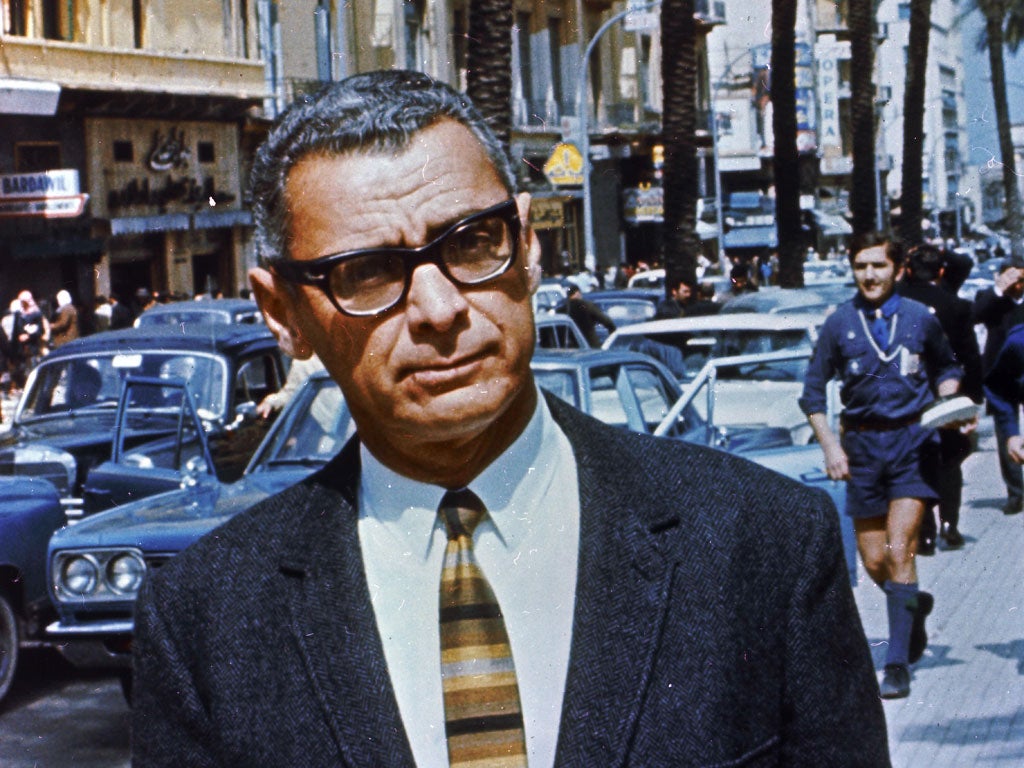Roy Essoyan: Reporter who exposed a rift in Sino-Soviet relations

Roy Essoyan, who died on 22 March aged 92, was a reporter who in 1958 exposed a serious split between China and the Soviet Union. Born in a Japanese fishing village just after his refugee family, originally from Armenia, landed there in 1919 after fleeing the Russian revolution, Essoyan arrived in the Soviet Union nearly four decades later as an American journalist, having become a US citizen after the Second World War.
But after three years of associating with the Soviet Premier Nikita Khrushchev and other communist leaders, the Associated Press reporter's Cold War adventure ended in 1958 when he was expelled for reporting that a serious breach had developed between the Soviet Union and Mao Zedong's China. The foreign ministry called it "a rude violation of Soviet censorship",' but Essoyan had exposed what became known in diplomatic parlance as the 'Sino-Soviet split'.
Being banished from Moscow did not end his interaction with Soviet officials. During a visit to Indonesia years later, Khrushchev spotted a familiar face, Essoyan's, among the press, and to the dismay of other reporters invited the American to join him for a private talk.
As they chatted in Russian, Khrushchev made a joke about Essoyan's baseball cap: "Why do you wear those silly beanies?'' Essoyan responded by putting the cap on the Soviet leader's head, a moment captured by photographers.
Based in Hong Kong after leaving Moscow, Essoyan helped the Associated Press cover the early days of the Vietnam War, accompanying South Vietnamese troops and their US advisers on helicopter-borne operations. He described one such mission as "gamesmanship, beautifully orchestrated and achieving absolutely nothing, because the Viet Cong knew what was happening, the [South] Vietnamese didn't want bloodshed.'
"I wrote a lovely, long story, which ended by saying, 'As we flew away, the flag of South Vietnam was flying, but tomorrow morning the communists would be back,' '' he said. "And this is what happened . . . most of the time.''
Subscribe to Independent Premium to bookmark this article
Want to bookmark your favourite articles and stories to read or reference later? Start your Independent Premium subscription today.

Join our commenting forum
Join thought-provoking conversations, follow other Independent readers and see their replies